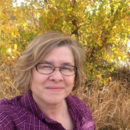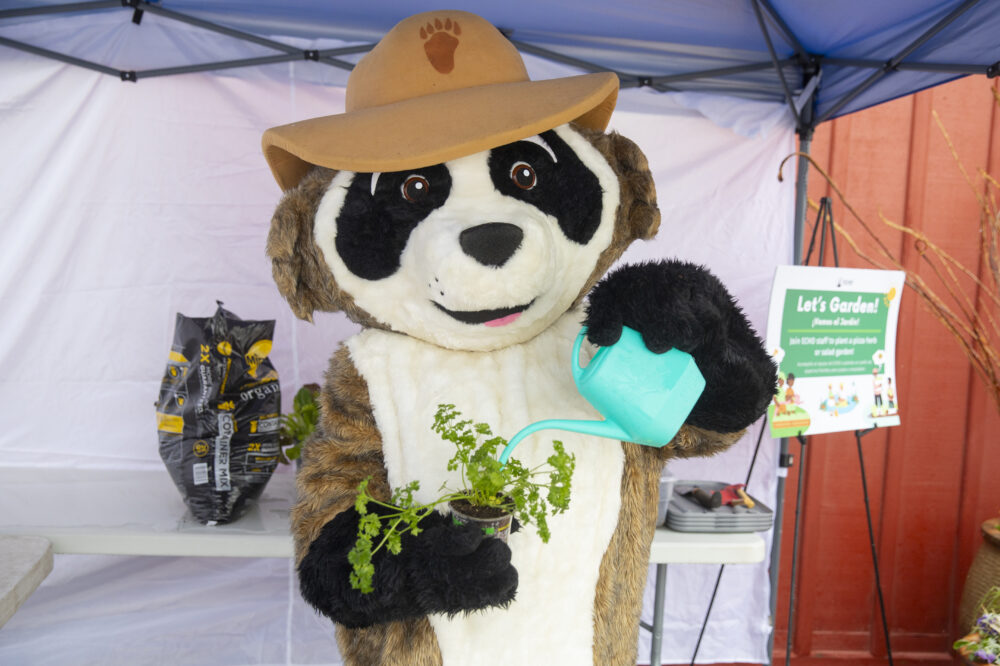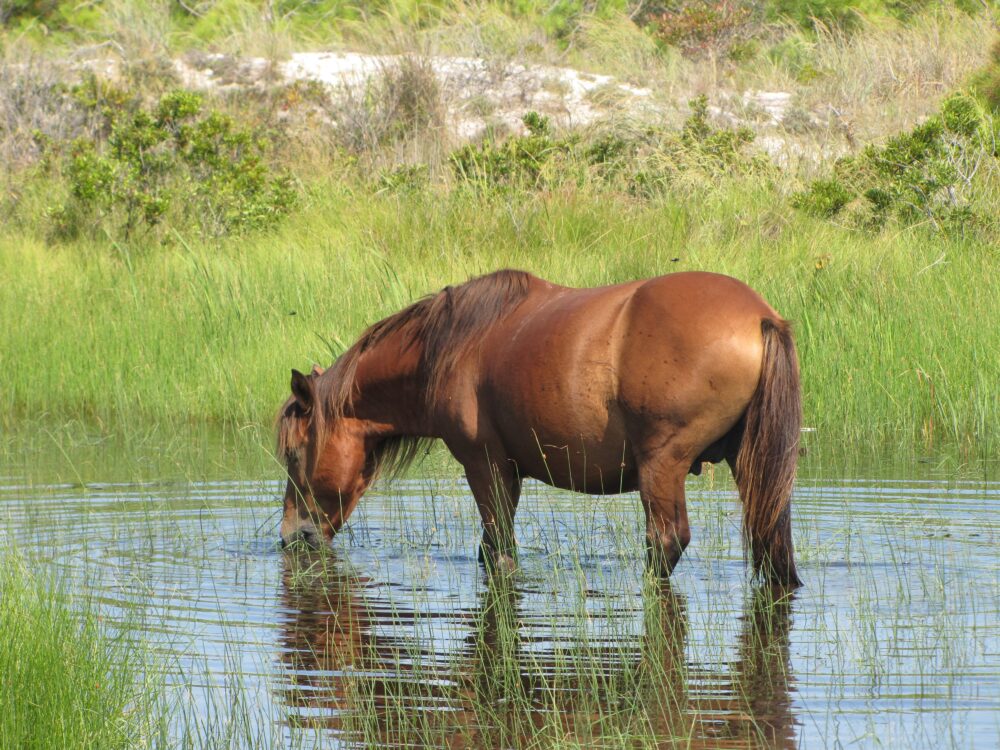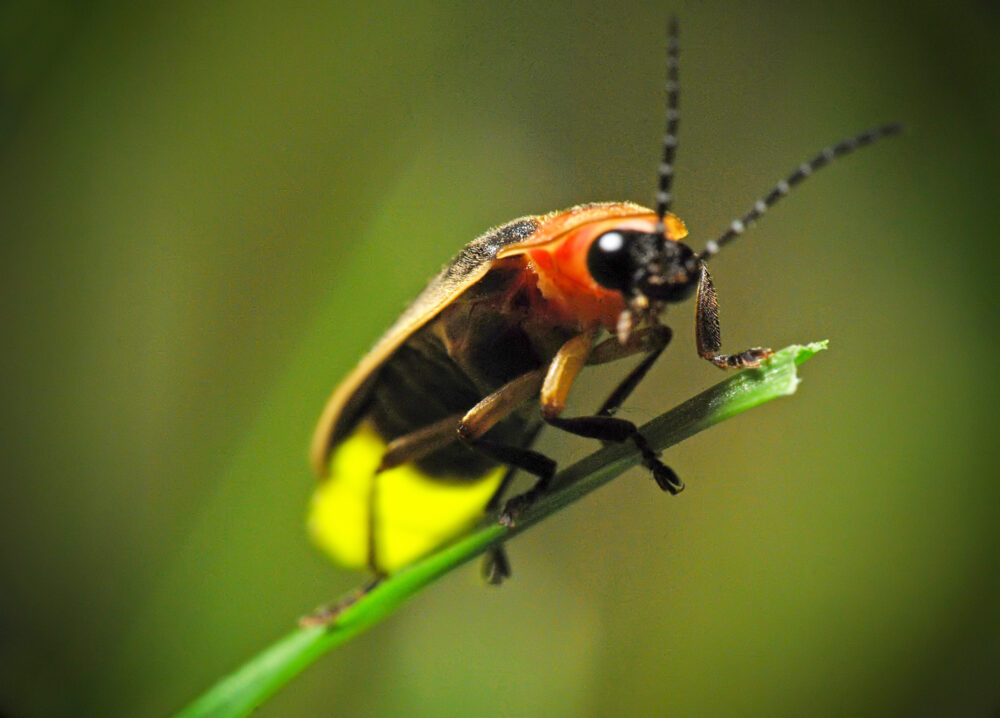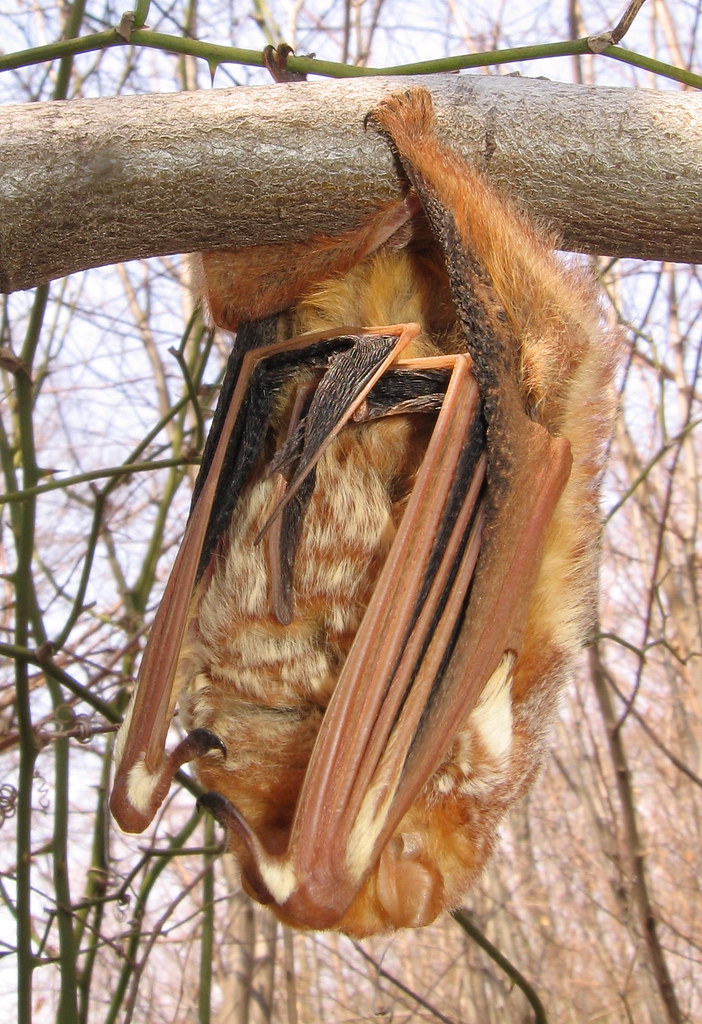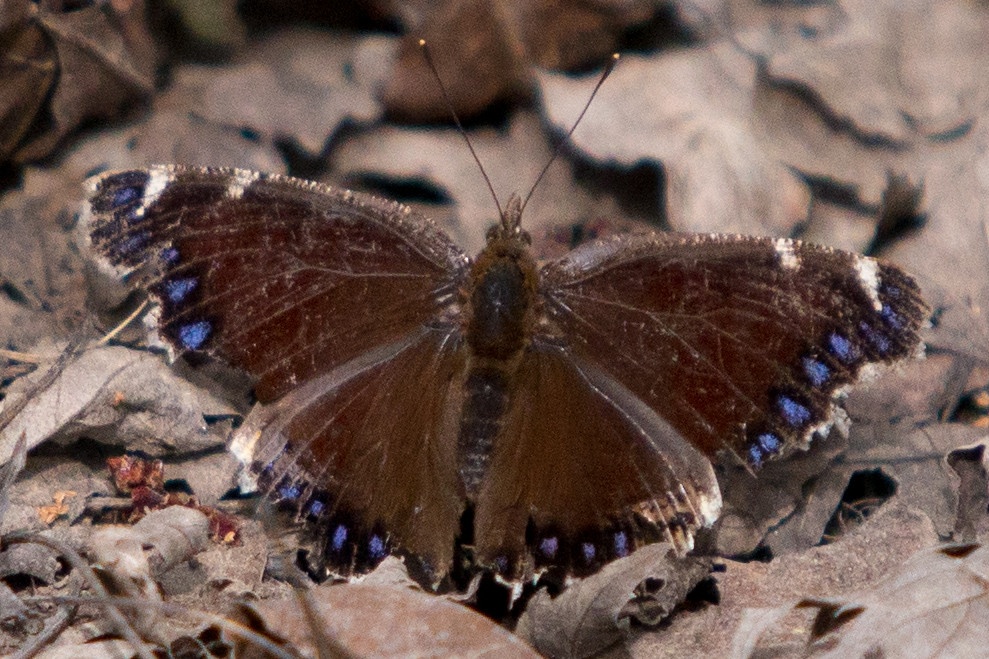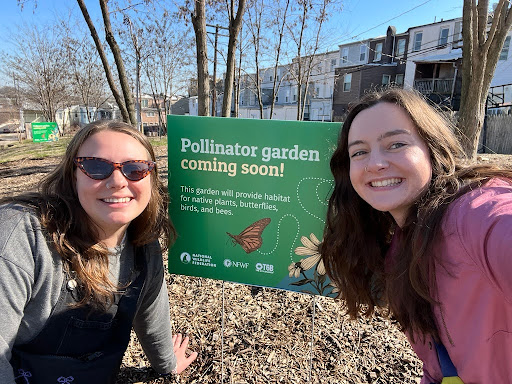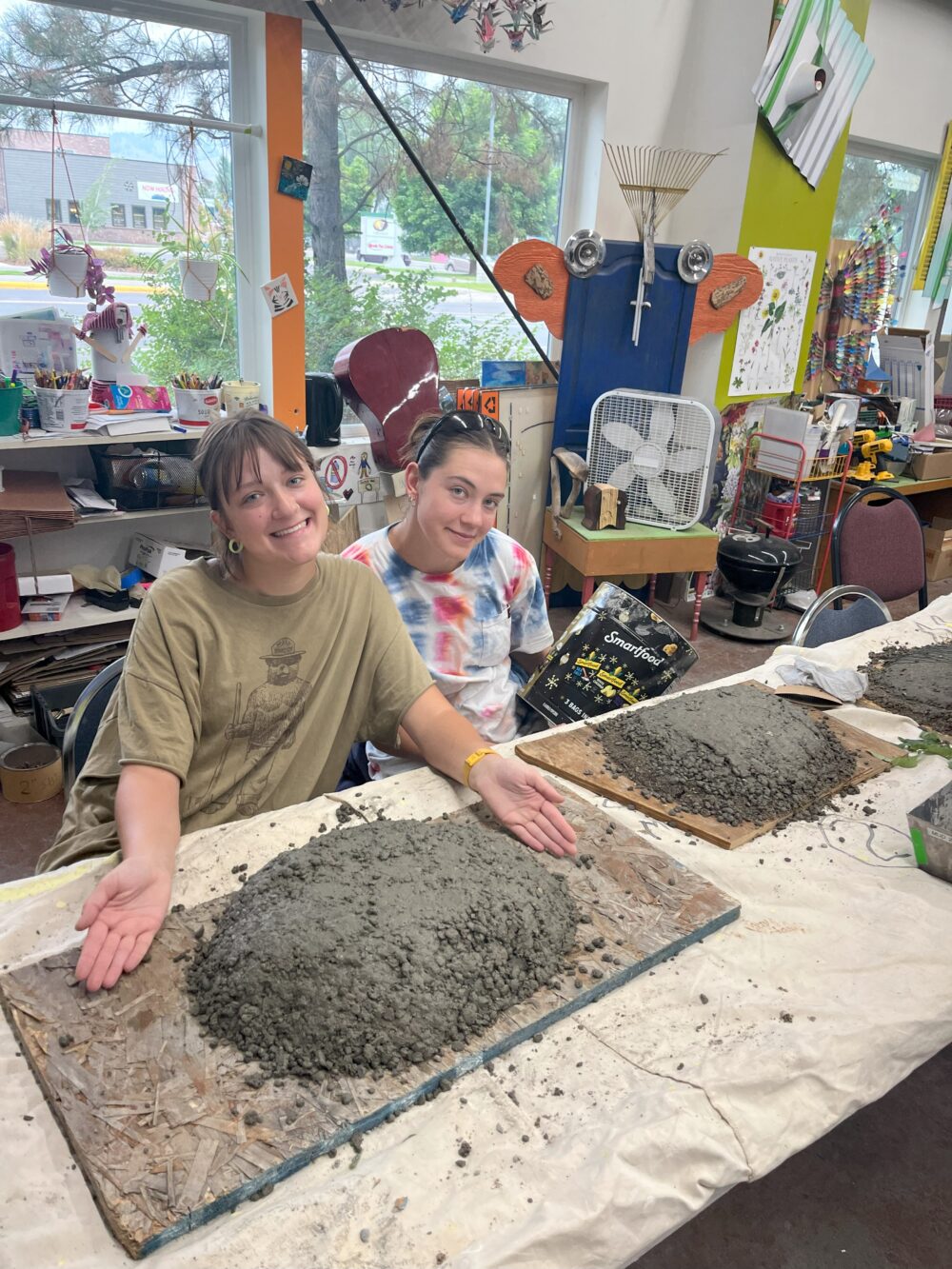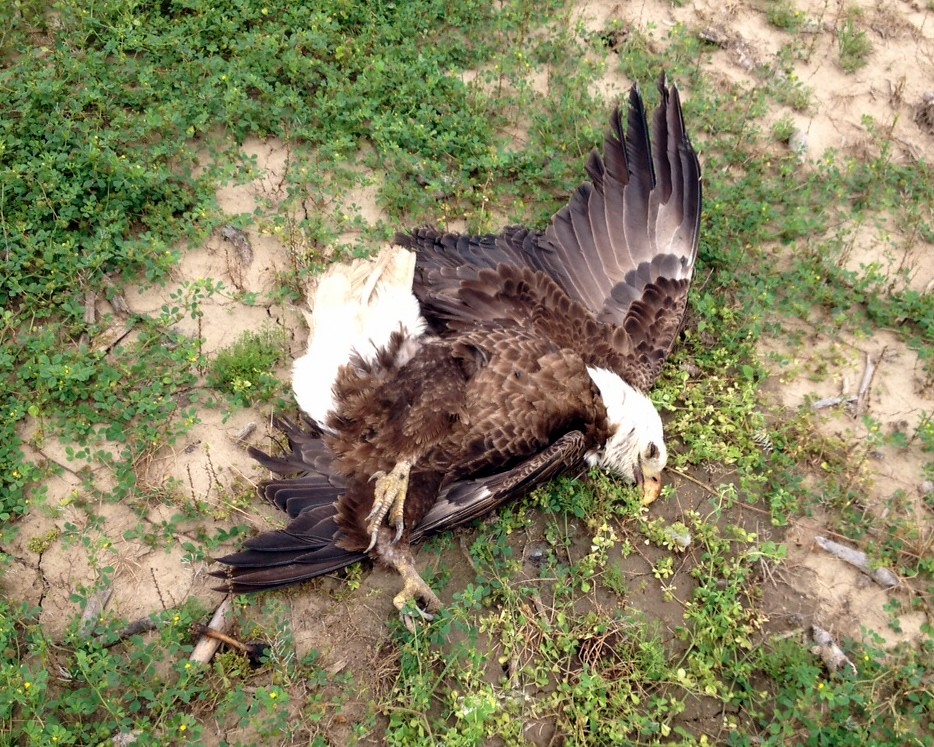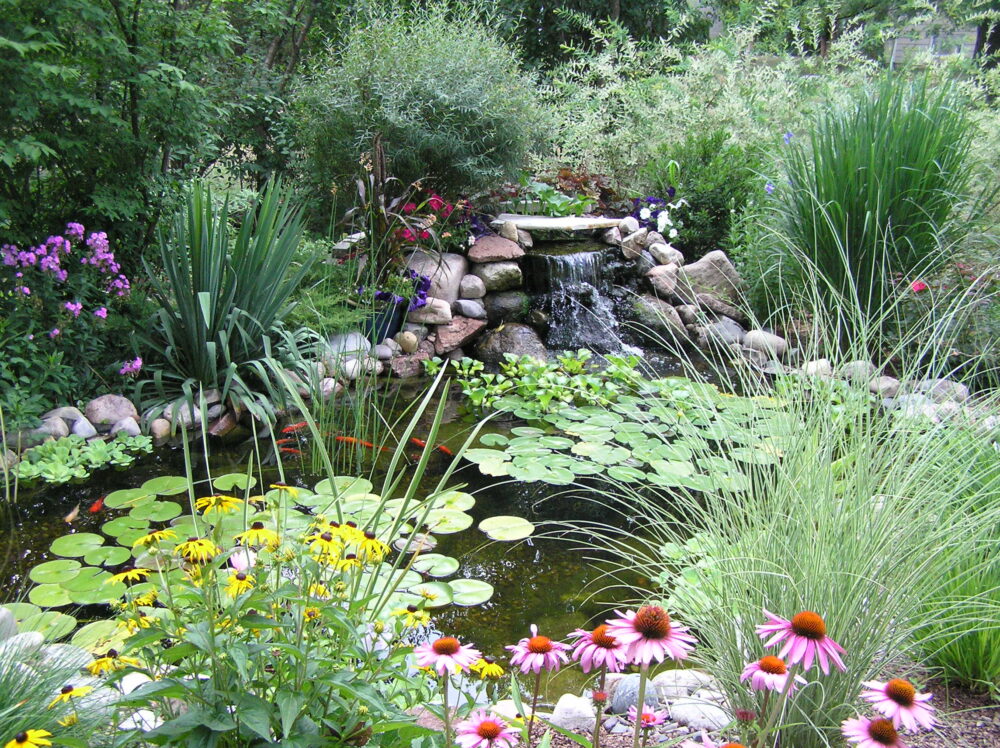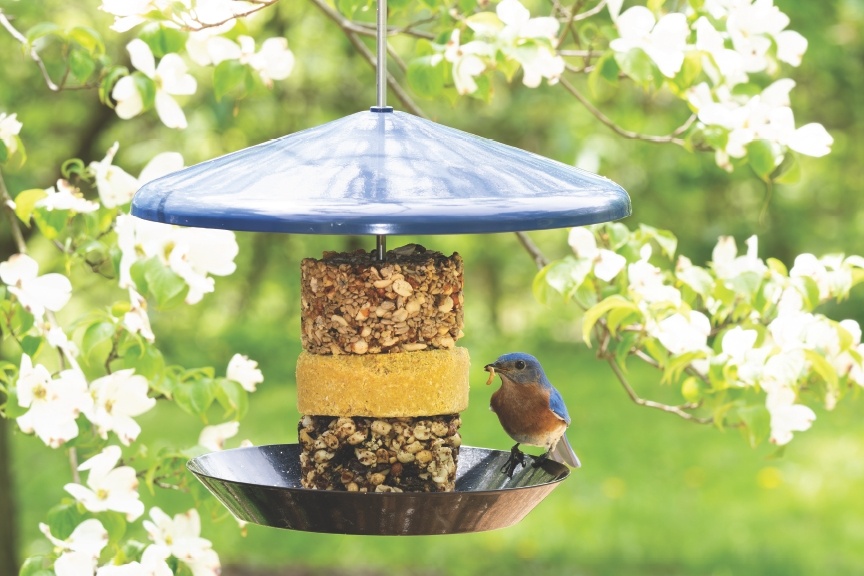We have much more to do and your continued support is needed now more than ever.
Less Water, More Wildlife — What’s Not to Love about Native Plants?
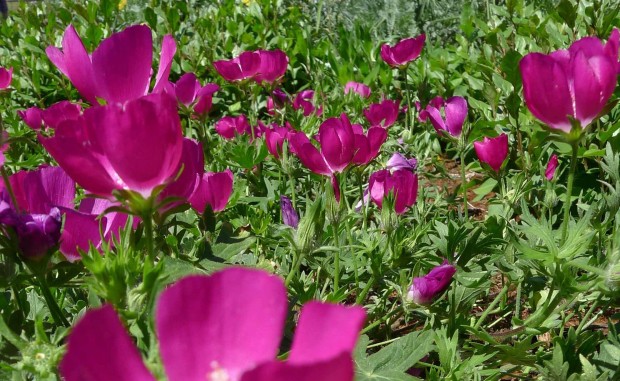
Whatever the reason, Denver-area gardeners seem to be increasingly interested in indigenous flowers, grasses and shrubs. Every May for the past seven years, the Boulder office of the National Wildlife Federation has been a key stop for those gardeners. The staff sponsors what’s believed to be a one-of-a-kind event in the Denver area – an all-native plant sale.
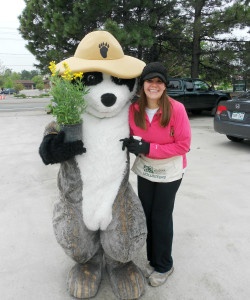
NWF: What are some of advantages of native plants?
Eirin: There are quite a few advantages. I would say first and foremost is the habitat value. There are certain native insects that will take nectar only from the native wild flowers. Secondly, I would say the plants do not need the increased fertilizer. They do not need, for the most part, high irrigation. Since they are native plants, they can exist on very low fertilizer, just what exists in the soil, and also exist on the precipitation we get in this area. And the native plants are perennials, so you’ll get to enjoy them year after year. They’re not something you’re going to have to pull up every season. They’re going to pop up every spring.
NWF: How do native plants benefit wildlife?
Eirin: When you plant natives, you’re creating an insectary. What I mean by that is you’re creating a place for beneficial insects to reside that are either going to pollinate our vegetables or fruit trees or they’re actually going to eat or kill some of the pests in our garden. We have 17 species at the plant sale that are honey-bee attractors. We also have hummingbird-attractor plants, plants that are good for butterflies and also plants that are wonderful nesting habitat for our local bird species.
NWF: Do native plants require less water than non-native plants?
Eirin: If they’re planted in the micro-climate that they’re supposed to be planted in, they exist on what is termed moderate to low water. That’s water two or fewer times a week.
NWF: Is interest in native plants growing?
Eirin: I think so. I’ve only lived in Denver for three years, but since (the drought in) 2002, with the low water use, people began to get interested in low-water-use plants and that naturally turned toward some of our indigenous plants in the area. It’s so important for us to be using native plants to show the landscape vernacular that used to exist here – the prairies, the grasslands. The native grasses are wonderful habitat and foundation plants in the landscape. The keystone species to our short grass prairie is blue grama and it’s host to a Colorado alpine butterfly. A taller grass species, big bluestem, is host to two rare skipper butterflies.
NWF: Does Denver plant native vegetation in its parks?
Eirin: We have the more traditional parks that I think a lot of people are familiar with, which has the Kentucky bluegrass. Starting in 2006, conversion sites were defined, starting with four parks in the city. They were converted to short-grass prairie. So, there’s been a large movement. Now, just in my district, I have about 350 acres of native short-grass prairie areas. We’re going to be seeing less and less Kentucky blue grass and more native areas being planted.
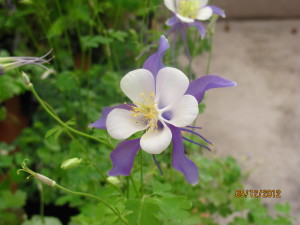
NWF: What’s a good tip about native plants?
Eirin: I think the unique part of a lot of the native plants is selecting them and knowing when they’re going to bloom because a lot of native plants have a slightly shorter blooming cycle than traditional annuals. But when you combine all different species of native plants, you really have a long blooming cycle, from the early spring all the way into the fall. You’re going to notice a lot more seasonality within your garden when you have native plants.
Outside Denver? You Can Still Go Native!
![]() Learn more about choosing and cultivating native plants, then turn your yard into a Certified Wildlife Habitat ® site. This month only, Garden For Wildlife Month, NWF will plant a native tree in your honor when you certify your property.
Learn more about choosing and cultivating native plants, then turn your yard into a Certified Wildlife Habitat ® site. This month only, Garden For Wildlife Month, NWF will plant a native tree in your honor when you certify your property.

